Interview Florian Schmale – The inner journey
Florian Schmale (31) from Germany One man, one bike, one world
Florian left home in May 2012 on his bicycle and never returned.
42257 km, 25 countries, currently in Australia – next destination: Argentina.
The interview about the inner journey.
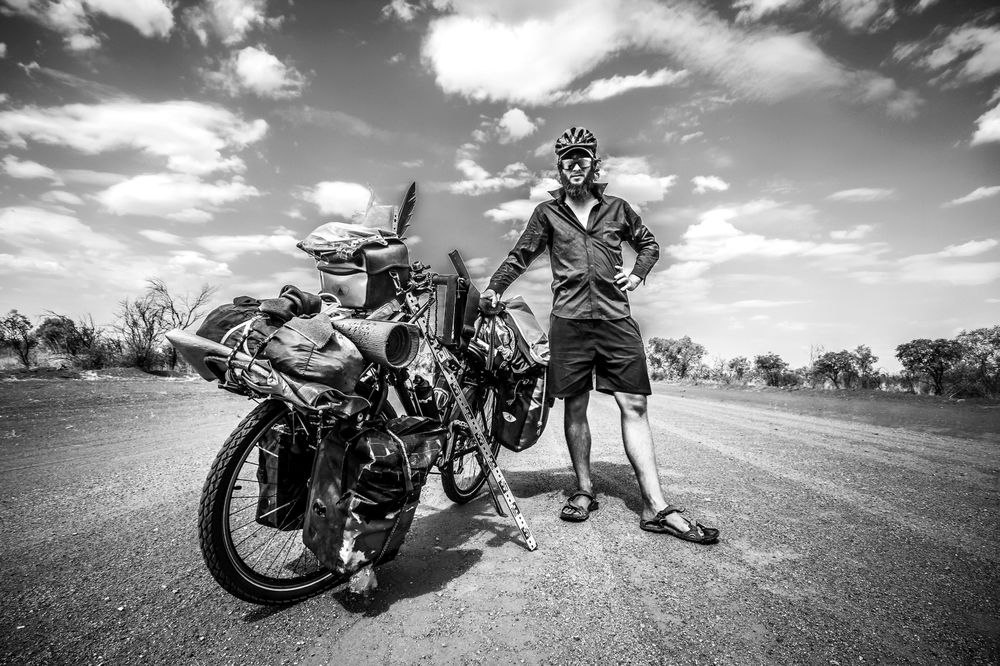
1. Such a solo journey by bike is a very intense confrontation with yourself. We can see your great pictures from the different countries you have crossed. But we can’t see the images from inside you. Who are you today after all the miles you’ve pedaled? How has this trip changed you?
Florian: I think, development of personality is a continuous process which runs automatically. Our surroundings and our impressions determine in what direction and how fast we develop. Intensive traveling on a bicycle through different climate zones and cultures leaves traces, especially if you travel alone. Everyday I am exposed to new situations and every encounter with people influences me and helps me form a strong personality.
Traveling is always searching for something. For me one motivation was to find myself. Who am I? What is life all about? What do I want? Today I feel myself more, know better who I am actually and where I want to go. And I realized the potential which is hidden in everyone. The person who manages to overcome their fears and who can act with confidence in themselves, can get anywhere.
Today I know that I have a choice. That I can choose on my own what to do with my life, no matter how the external circumstances may be. Before this journey I wasn’t so sure about that and sometimes felt powerless, tumbled around by the waves of life, while now I choose a wave and try to ride it.
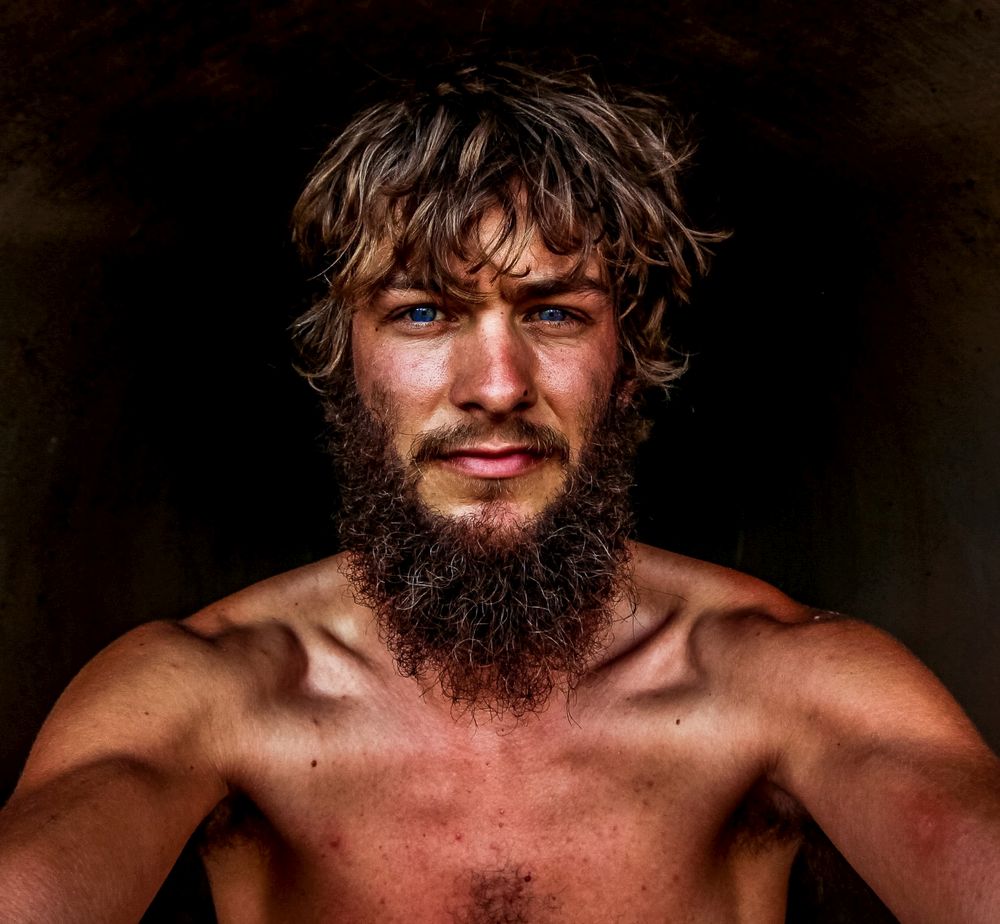
2. The people who have never been on the road for so long might think “Wow, what you see and experience there and how great a trip around the world by bike must be. But surely, they also think “Oh, but constantly sleeping in a tent – freezing or sweating and always the same food. And such a long time away from home – no better not. “
Most of them can’t even imagine what it really means to live on the road for so long.
What are the real problems for you out there?
Florian: I think one of the biggest difficulties was to make that decision to go on such a long journey, to give up everything and leave it behind. From then on everything worked out on its own. Most of the difficulties or problems exist only in the head anyway. When I think I can´t do something, or that there is no other way. But if you accept every situation fully, there is always a solution.
Often people helped me out if I didn´t know where to sleep or if I got lost.
If the equipment breaks you learn to improvise. In Nepal I had to sew a ripped tire with dental floss and made it until Kathmandu with it. And when I lost my knife in the Outback of Australia I had to open the bean cans with a screwdriver and a rock I found, to be able to eat.
With humans I never had many problems, neither with animals. Most of the difficulties are probably with myself, to accept myself, to overcome my fears and to stay true to myself.
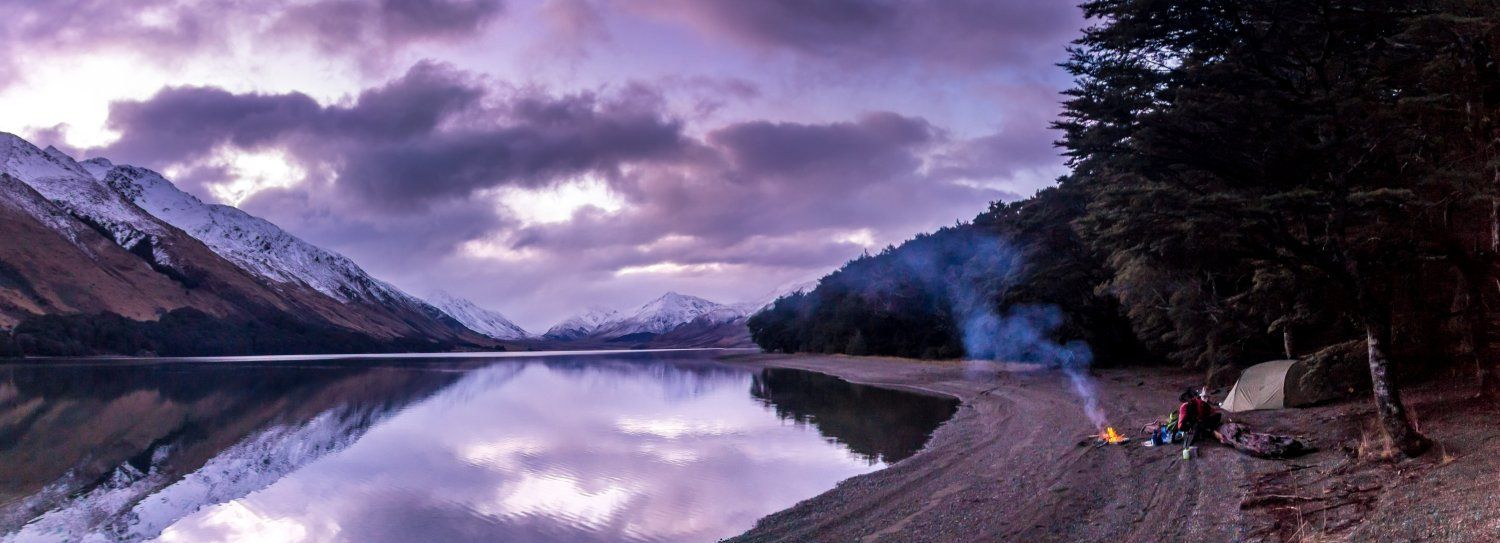
3. Five years is a very long time, especially for those who have stayed at home and are waiting in vain for you to come home. But how is your sense of time?
Florian: Time flies and I never planned to travel for so long. I wanted to cycle from Germany to India and maybe a little bit further, but that it would be five years and more at one point I wouldn’t have thought that.
After 2.5 years I reached Australia and since then I didn´t cycle as much and stayed rather long at places. But still time passes by quickly. But that doesn´t matter, life is for living anyway and I try to do with my time exactly what I want to do.
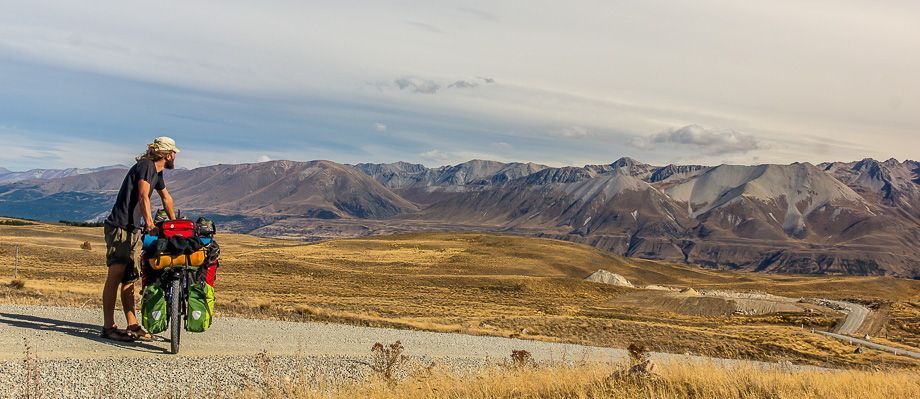
4. The lonely hours out there, how are they for you?
Florian: I started this journey on purpose alone and loneliness is for me just a part of it. I´m a person who is good on his own. When I’m alone in nature I seldom feel lonely. When I’m in a big city and don’t know anyone, then I feel lonely, or when I observe people who are close to each other and know each other very well, then I miss this feeling of belonging and trust.
But I know that it is up to me to get to know new people if I want. I can make friends anywhere to overcome loneliness or I can embrace the feeling of being lonely and fully accept it.
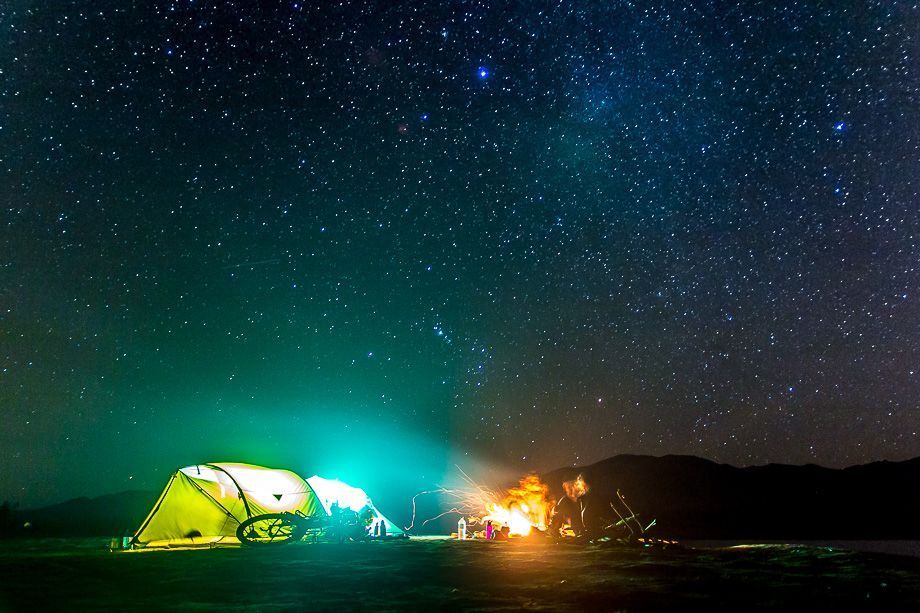
5. We long-term travelers know that it is difficult to settle back home again, some can make it, others soon pack their bags after they have tried in vain to get used to their home again. Often one hears that the most difficult thing of the whole trip was to go back home.
Are you afraid to go home?
Florian: Yes, maybe a little bit. After such a long journey I can’t just go back and continue where I left off. Even if at home everything seems to be the same, I changed and see things differently and couldn´t just fit back into the system. While traveling one of the great things is to be able to continue at any point if I don’t like it somewhere or if there are problems. At home you can’t do that and you have to deal with the situation, and that can be difficult.
Apart from my family and some old friends nothing is really pulling me back to Germany. I wouldn’t know what to do there and have different plans.

6. You are exposed to different cultures. You can compare, observe and interrogate. How does it feel to be German for you today?
Florian: When someone asks me „Where are you from”? I answer with „I´m from planet earth”! because I don’t want to be put in a box. Few people are satisfied with that answer and I add then that I travel on a German passport. The reactions are different from country to country: In Turkey your conversation partner often changes into German, in Iran people explain that they are Arian as well and in India I hear often „Oh Adolf Hitler, great character!“. In all countries people shout the names of German football stars or ask questions about Angela Merkel. Before I wasn’t aware that apparently everyone knows Germany and rates it positively.
I´m grateful to have been born and raised in Germany, because I see that as a privilege. To grow up in a rich and safe country, to have the possibility to earn money easily and to be able to travel almost anywhere with a German passport, makes life easy and is more than most people even dream of. But traveling makes you also aware of the inequality and injustice in the world and those who are able to look behind these things realize, that the wealth and the high standard of living we have in Germany is based on a system of exploitation and suppression. The western nations use their economic and military power for their interests and Germany is not the peace loving, future orientated and sustainable country, as it is sometimes portrayed.
I feel as well the influence of the German culture on my personality. This „be prepared for anything “and exact planning in advance is the typical German thinking of security. Sometimes it is hard for me to adjust my vision to reality if something doesn’t work out as planned. The urge to optimize everything is part of my German origin as is the feeling to have to be productive all the time. Because to do nothing, to be lazy, that is not reputable in Germany and is a point of view we learn from childhood. To leave the German way of thinking behind is not always easy but is rewarding. There is a lot to learn from other cultures, especially when it comes to expressing warmth and positive thinking.
I´m not proud to be German nor ashamed. For me it is just not so important. It is exactly this thinking in national states and groups, this drawing of borders, what divides humanity and causes a lot of troubles. I much prefer to look for commonalities and to encounter anyone openly and with respect.
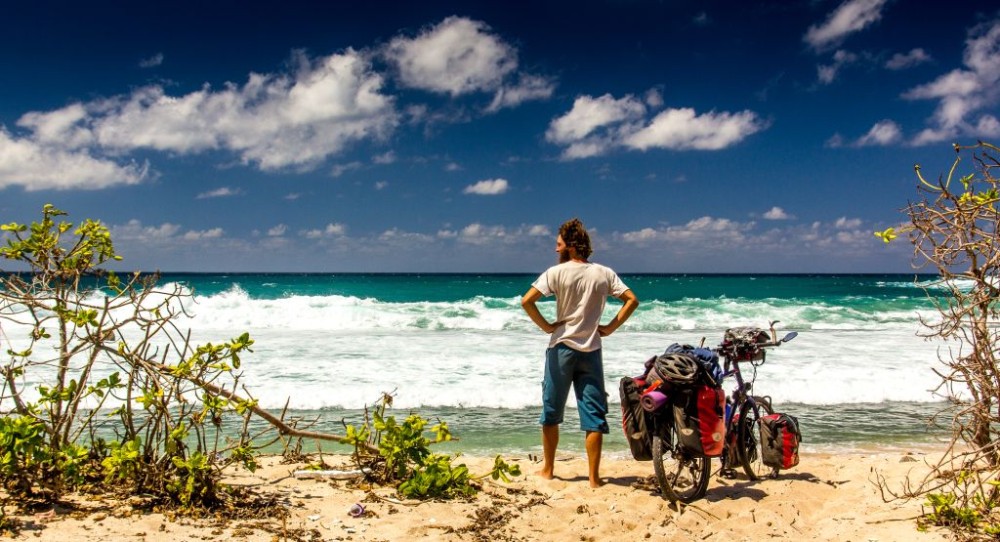
7. Do you know the feeling of travel burnout? If so, how does it feel and how did you get rid of it? Or if you don’t, how did you manage to avoid it?
Florian: As a cyclist I know that feeling when the body needs a rest, but after a few days it is good to continue. But when the mind has had too much of traveling, it often needs a longer break. I feel it when I´m not satisfied with myself anymore. When I just cycle to arrive somewhere, when I don’t enjoy the cycling and every kilometer feels longer and longer.
It is exhausting to travel, to stop for just a night, and social contacts are only short due to time reasons or only superficial due to difficulties of communication. And that is something that I miss. After 2.5 years in the saddle it was time for a longer break. In Australia I stayed in Adelaide for a couple of month and later in Melbourne. I made friends and traveled with other people instead of alone. In New Zealand I lived in a community house for half a year and it was enjoyable to have a home. But eventually the time comes to be on the move again. For me I need a good balance between journeying and being in one place.
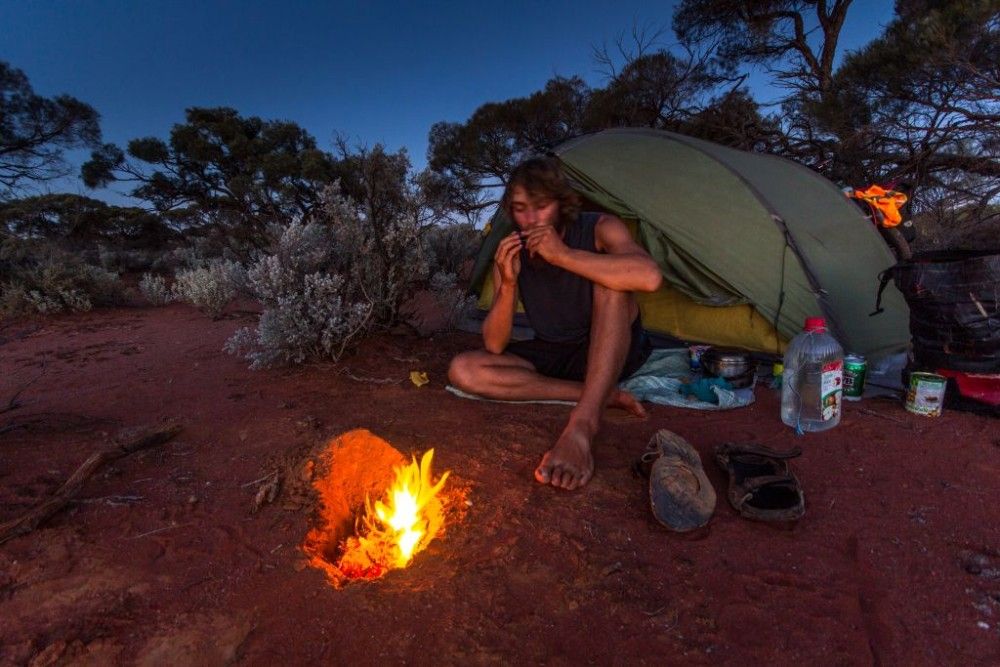
8. You are more the cozy cyclist, so you don’t just sit on your bike and go for miles. How do you take care of yourself apart from cycling? How do you stay physically and mentally fit?
Florian: When I don´t cycle I can be pretty lazy. I like to not do anything too active for a few days. But then I´m motivated again to do something strenuous, just because it brings you to beautiful places and makes you feel good in the evening. More and more I do things by foot and mountain tops have a special attraction to me.
I have always something to read with me. One or two books at least and I swap them for a new one after reading. Apart from that I try to meditate daily, that makes me much more balanced and calm.
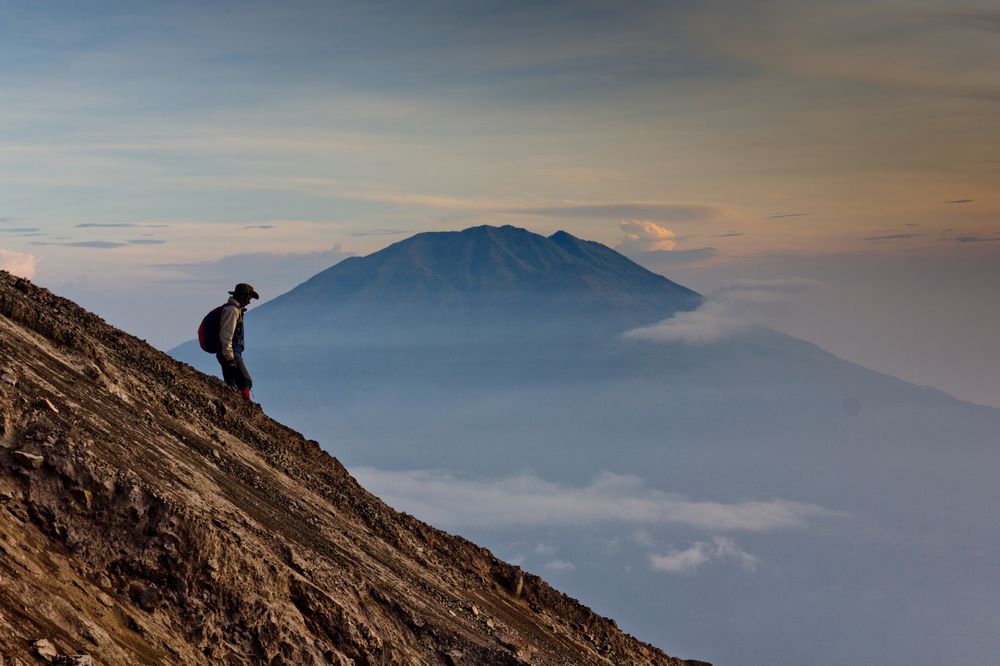
9. One might think that after you have seen and experienced so much that you have now become a happy, satisfied, balanced individual, saturated with impressions, who has found answers to all his questions. Or how do you see that?
Florian: It is more like this: The more of the world I see, the more desire I have to travel. I always need new challenges and change in my life, so that it doesn’t get boring.
I´m at least happier, more satisfied and more balanced than back in Germany There I had to fight with depression and didn’t see myself as a strong or positive person. Today I have my life in my hand and if I´m not happy with something I try to change it.
I´m still looking for answers, but often it is more important to ask the right questions.
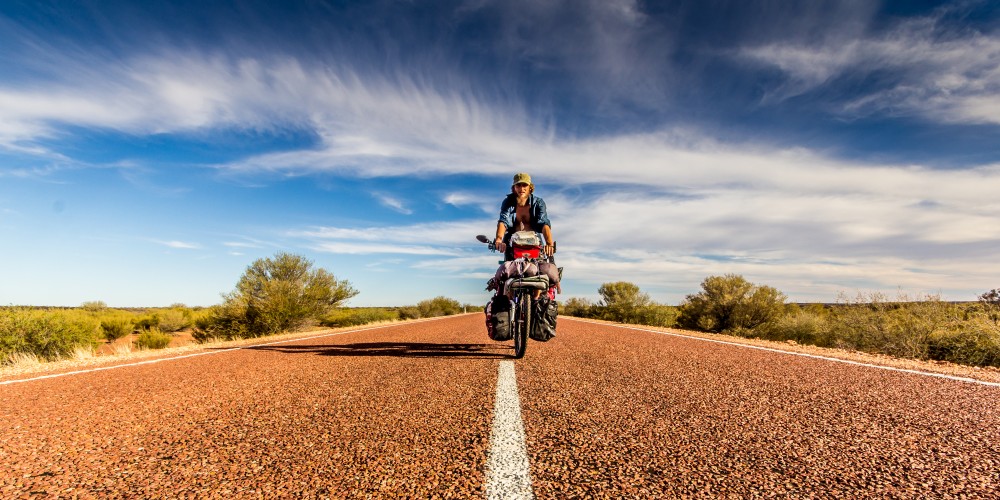
10. What is really important to you on your trip?
Florian: My freedom. I like to travel alone because it is easier to make my own decisions instead of having to make compromises all the time with a travel buddy. Alone I’m more open and get to know more people. That doesn’t mean that I´m always alone, I like the camaraderie and friendship as well, but it needs to be in balance.
It is important to me as well to let other people be part of my journey. In that way it’s not just me having all the adventures and learning from my experiences, but others can do the same. I like to inspire people and to show them that they can be strong as well and be able to live their dream life.
I try to see all people as being on the same level and to travel (and live) in a way that my existence on this planet causes the least damage. Sustainability is the keyword and that means to reduce my personal CO2 footprint and the acknowledgment of the common worth of every human being, just to mention two points.
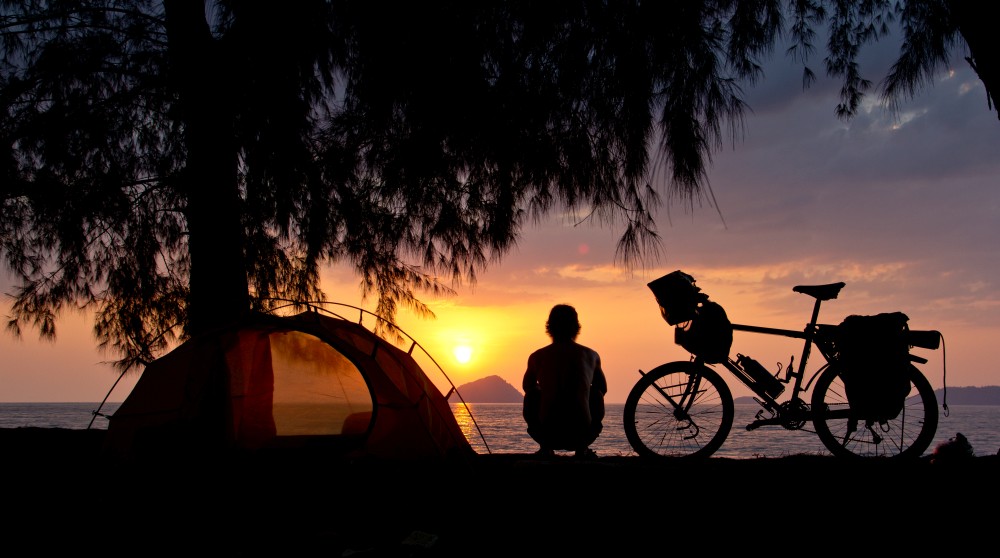
If you like to find out more about Florian and his journey, then please check out his page.
And here is a great movie Florian produced in Australia – 64 worthwhile minutes. Have fun!
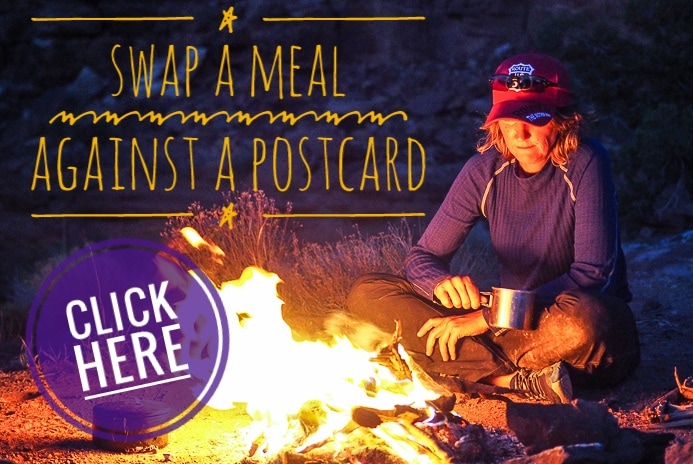
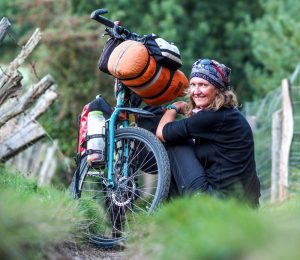







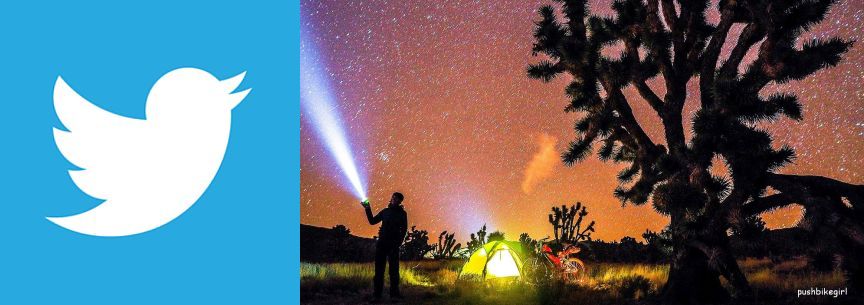

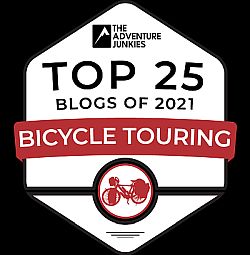


I liked his way…I can feel he is realy free…
Thanks for sharing.
Glad you liked it……..
Nice interview questions. Great to see some views of experienced travelers, that have been out for long periods of time. You both are an inspiration to many. Keep cycling on…..Thanks for sharing.
Thanks Robert 🙂 Happy riding….Cheers Heike
What a fantastic journey, I hope to be able to do something similair soon. The planet we live on needs to be seen and the people and cultures learned and respected equally, no better way than by bike. So envious.
Hi Billy,
there will be the right day to come….
Happy riding, Cheers Heike
I had the opportunity to met him, and spend some days in Chile!! Definitely he is very powerful and inspiring… great interview!!
Saludos!!
Oh that is great to hear Claudia! Lucky you! Cheers Heike
Met the guy in East Timor as well as many other similar travellers on push or motorbikes. While interesting to talk to at the beginning, they all ultimately have pretty similar personalities and takes on the world, which becomes boring. It’s like listening to the same vinyl: modern life bla-bla-bla, freedom bla bla bla, people’s kindness bla bla bla. How sheltered their life used to be that it all comes to them as some divine revelation that people are the same and there is plenty of kindness and generosity in any country. But it’s a bit naive to believe that they are ultimately free from all the conditioning and constraints of modern society. They heavily rely on other people, rarely offering anything in return, basically leading parasitic lifestyle (beg-packers) only to enjoy their time, free accommodation, free food provided by kind strangers only to return to their bourgeois comfortable life which will never be accessible to all the people that fed them. They use other people for own satisfaction. And what I also noticed in common among all those travellers, is that they lack the ability to establish any sort of deep meaningful relationships. To them all of people are just statistics, they have this “know it all, seen it all” vibe that they don’t really care about anyone like about themselves. Egoistical motivation, egoistical life.